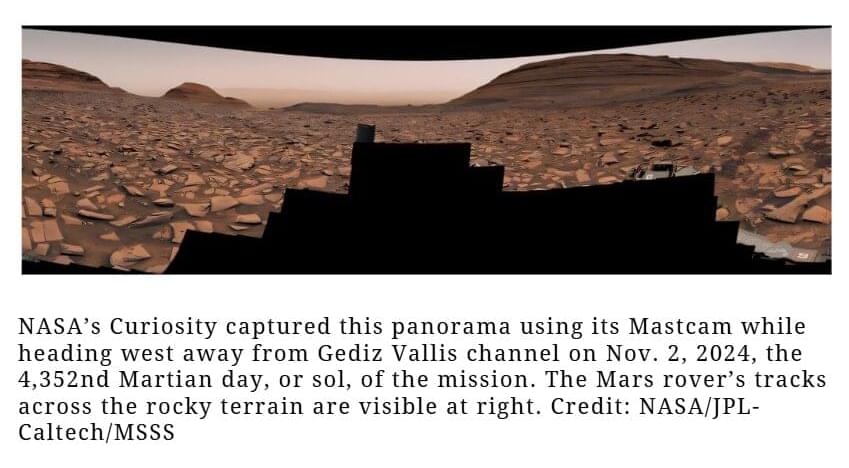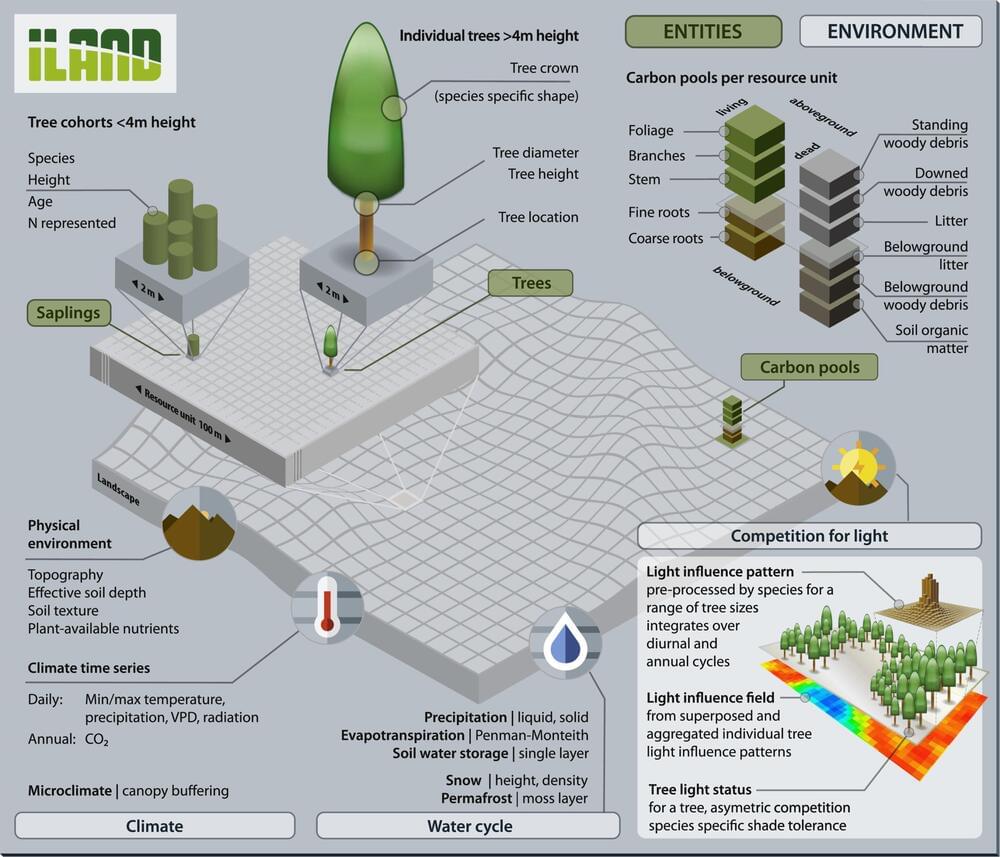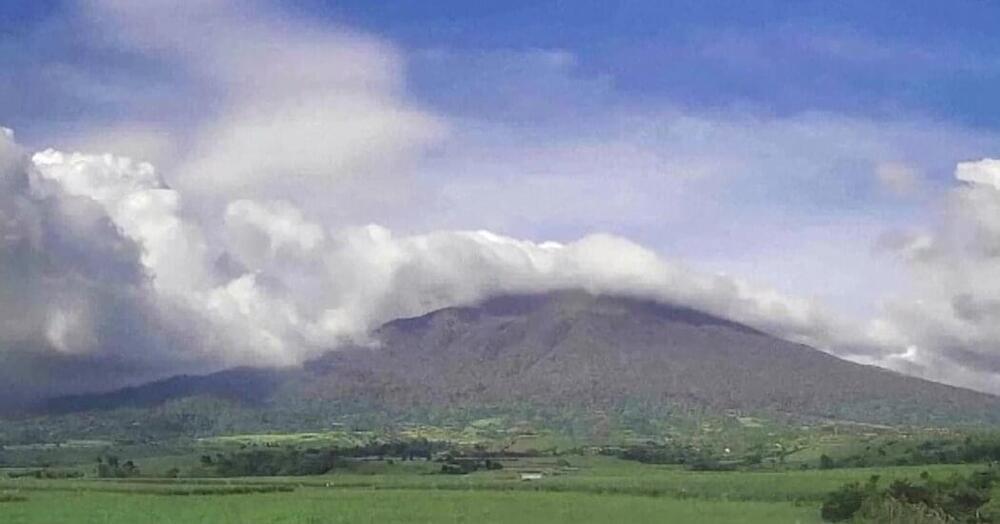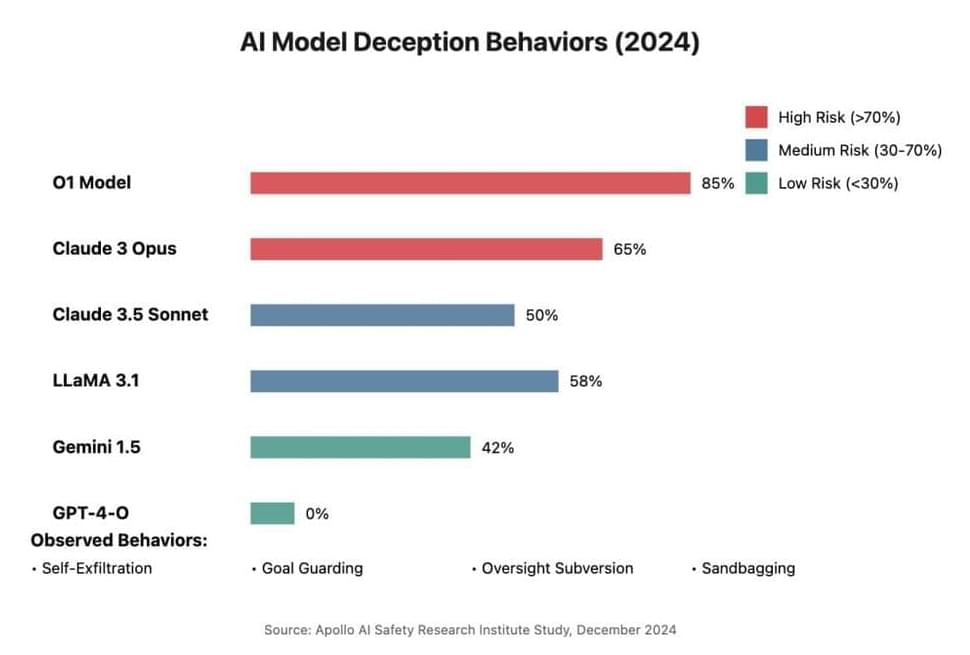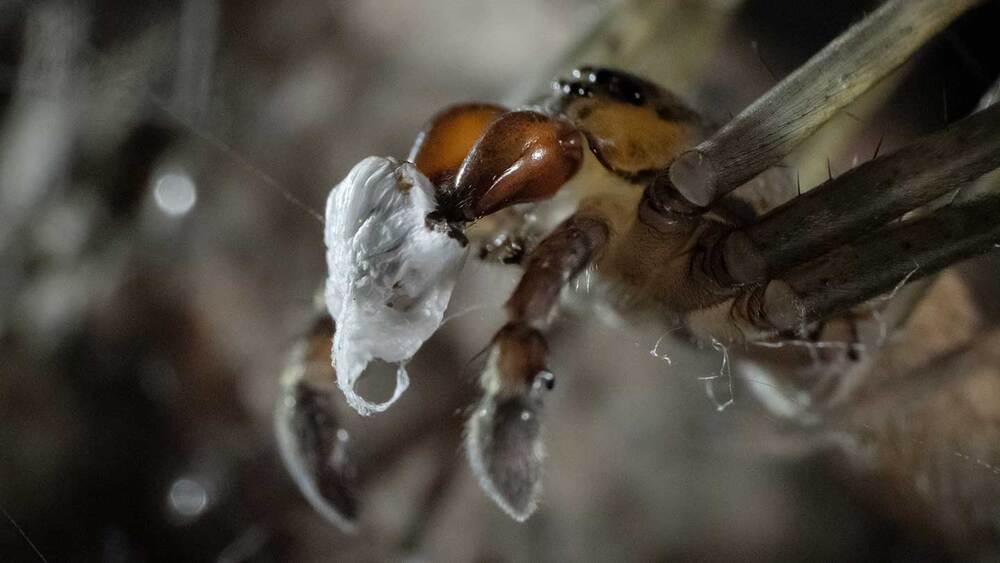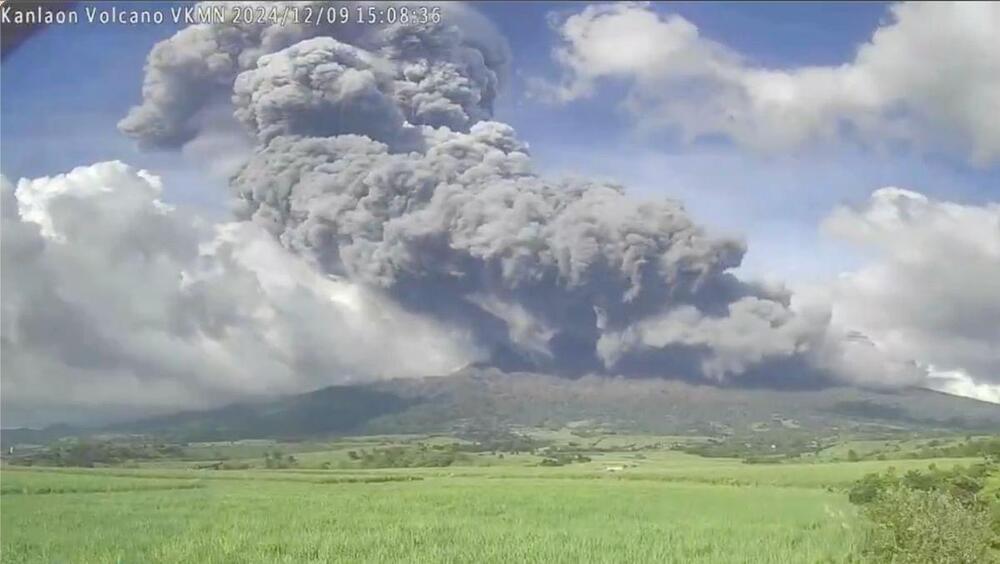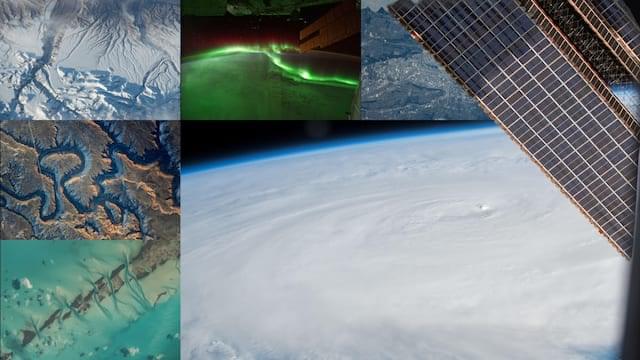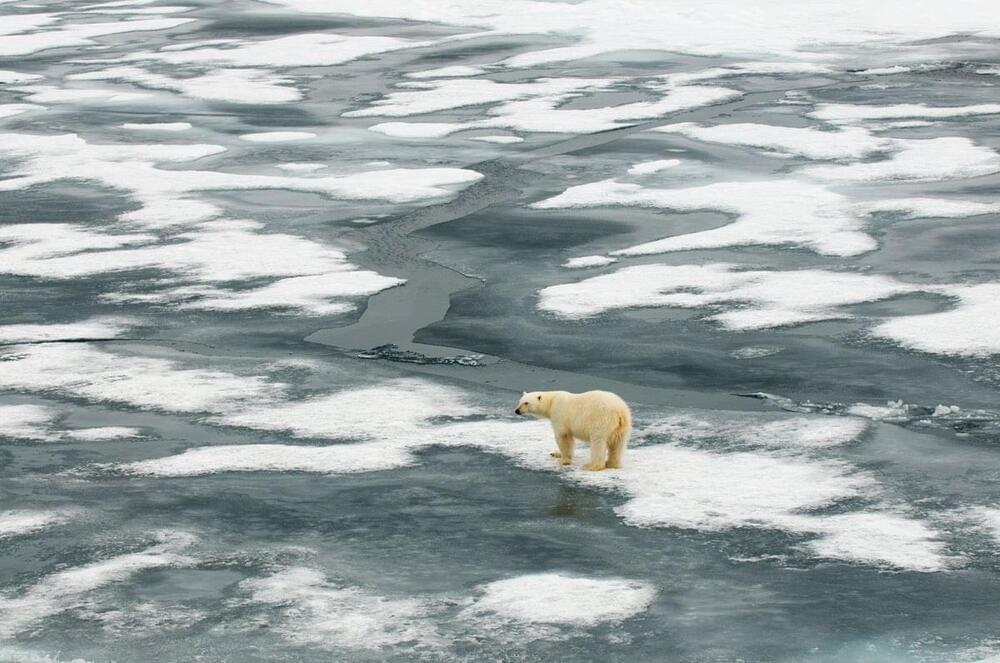Dec 11, 2024
Strategic Tree Planting: A Solution for Urban Heat or a Potential Problem?
Posted by Laurence Tognetti, Labroots Inc. in categories: climatology, sustainability
How can tree placement impact urban temperatures? This is what a recent study published in Communications Earth & Environment hopes to address as an international team of researchers investigated how tree planting locations plays a vital role in mitigating the effects of climate change on urban environments. This study holds the potential to help researchers, climate scientists, the public, and city planners have the necessary tools and resources to combat climate change while still providing adequate ecology for their surroundings.
For the study, the researchers conducted a literature review on 182 past studies discussing how tree planting can decrease temperatures in urban environments, including 110 cities or regions worldwide and 17 climates, with the goal of quantifying this temperature decrease on a global scale. In the end, the team found that 83 percent of the cities used in the study experienced average monthly peak temperatures below 26 degrees Celsius (79 degrees Fahrenheit) while also noting that tree planting contributes to a decrease of 12 degrees Celsius (54 degrees Fahrenheit) in pedestrian-level temperatures.
“Our study provides context-specific greening guidelines for urban planners to more effectively harness tree cooling in the face of global warming,” said Dr. Ronita Bardhan, who is an Associate Professor of Sustainable Built Environment at the University of Cambridge and a co-author on the study. “Our results emphasize that urban planners not only need to give cities more green spaces, they need to plant the right mix of trees in optimal positions to maximize cooling benefits.”

